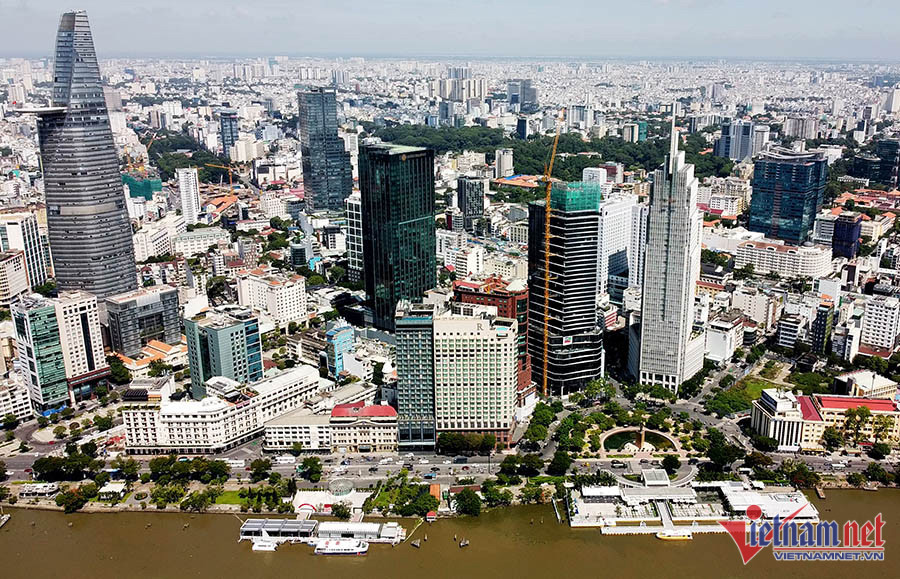
According to the report, the city’s housing market still lacks social housing and housing for factory workers as no new project was approved or licensed in Q3. Also, there were 1,229 transactions for apartments and 915 separate houses, and no land transactions during this time.
The real estate market in Q3 was unstable. So there should be adjustments in policies to settle the supply-demand mismatch as most products are in the high-end market, the report said.
Tighter control over credit and corporate bond issuance has affected real estate firms and caused low market liquidity. Many projects have been suspended, and the supply of projects fluctuates unevenly. It is necessary to increase supply of more affordable housing to satisfy the demand of the majority of people, according to the report.
Chairman Phan Van Mai of the HCM City People’s Committee confirmed that supply had dropped because of the lack of consistency in regulations on investment, housing, land and urban planning.
Many are under inspection for legal procedures, planning and financial obligations. This has resulted in tardiness in management agencies’ decision-making, thus affecting the supply of housing projects with sufficient legal conditions.
The secondary real estate market has become gloomy because of high prices in the primary market. Credit tightening has caused a slowdown in investment capital and weaker market liquidity.
Meanwhile, many buyers have become hesitant to buy apartments as the Ministry of Construction is drafting the amended housing law, trying to set a limit on apartment ownership terms.
Apartment supply in Q3 in the city dropped by 80 percent from the previous quarter. Most new projects or expanded projects provided a limited number of apartments, about 200 per project, mostly in the eastern and southern parts of the city. Accounting for 76 percent of new supply in Q3, the high-end apartment segment still led the local estate market.
Duy Anh